Mastering Restaurant Sanitizing: Best Practices for Kitchens and Dining Areas
Master restaurant sanitizing with clear steps for kitchens and dining areas. Learn methods, checklists, and procedures to keep your team safe and...
As the food industry continuously grows and opens up to different opportunities, the risk of food fraud also increases. Preventing food fraud is not only a moral obligation but also a legal responsibility for food businesses.
The integrity of the food supply chain relies on the credibility of food business operations.
WHAT WE'LL COVER:
Food fraud refers to the illegal act of a food business to deceive consumers by selling misrepresented or adulterated products.
Food fraud is often done with the intent to achieve an unfair advantage, usually economic, for personal gains.
Food fraud is a serious offense in the food industry and poses a significant public health harm. Adulterated or mislabeled products can contain food allergens, contaminants, or harmful substances that may cause foodborne illness or allergic reactions.
Food businesses found to be dealing with fraudulent activities can be fined or served with legal penalties that could affect their reputation and operations. In extreme cases, it could cause closure of operations.
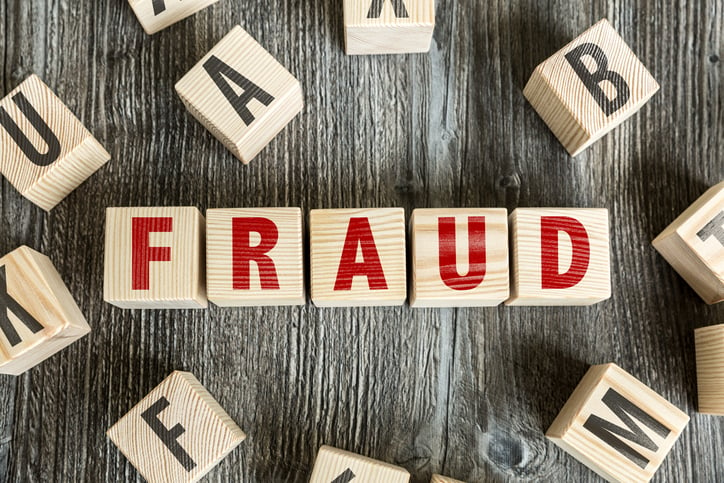
Committing food fraud is fuelled by several complex reasons and may be influenced by a number of factors.
Here are some factors that may contribute to food fraud in the industry:
Controlling food fraud involves a combination of regulatory measures, industry initiatives, consumer education, and advanced technology. As a food business owner, your contribution to stopping illegal activities such as food fraud is significant.
There is no better way to spot and prevent food fraud than establishing your own comprehensive food safety management system and traceability program.
Use FoodDocs' smart Food Safety Management System software and get a two-in-one Traceability System as well. With our software, you can completely protect your business from fraudulent activities while improving consumer trust.
Protect yourself from food fraud by logging all information about your food ingredients, products, and processes in one Traceability System. All information can be quickly accessed using advanced search options.
Food fraud incidents can have wide-ranging and significant impacts on various aspects of society, the economy, and public health. This activity puts customers and your business at risk.
In particular, here are some key consequences of food fraud:

Because the effects of food fraud can affect several different aspects of the industry, addressing it also requires a diverse approach. Food safety agencies establish clear food safety standards to help minimize incidents of food fraud.
From every food company's end, the best way to contribute to the negative impacts of food fraud is to record all food safety & quality operations and make them available for transparency.
Food business owners are expected to have a deep understanding of food fraud to protect themselves from their negative impacts.
Food fraud can take various forms, each with its own distinct characteristics and methods of deception.
Some of the most common types of food fraud include the following:
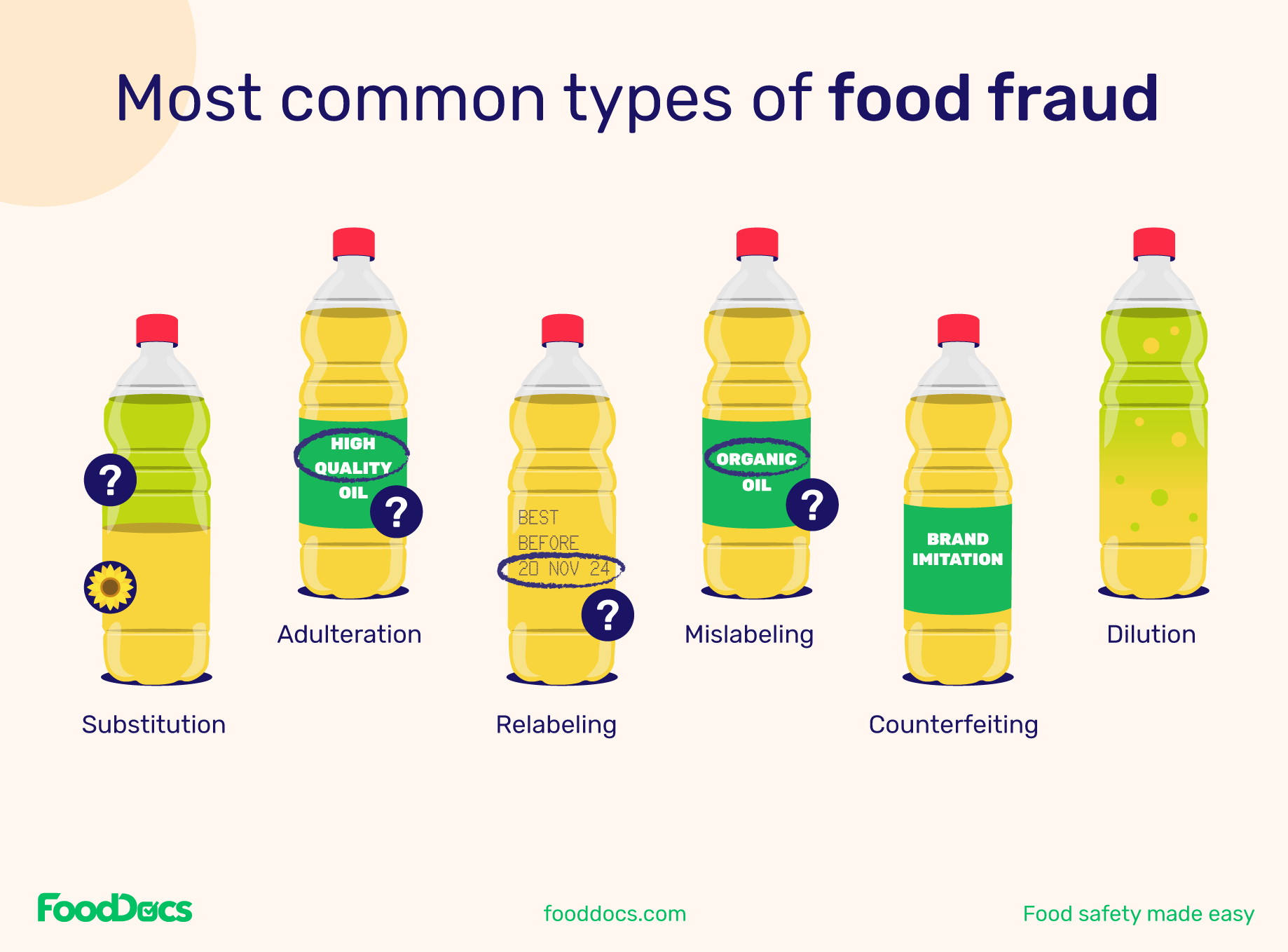
The different categories of food fraud may sometimes be present at once. Understanding these types can also help you avoid them and protect your business from dealing with food suppliers practicing fraudulent activities.
In addition, adequate knowledge about the types of food fraud can help your food defense team develop mitigation strategies and additional steps to strengthen your food safety management system.
Food fraud can occur at various points from farm to table, but certain stages are more vulnerable to fraudulent activities than others. The likelihood of food fraud varies depending on factors like the complexity of the supply chain, the type of food product, and the opportunities for deception.
The most vulnerable points of the food chain against food fraud are the primary production stages and food processing steps. During these points in a food processing facility, opportunities to perform acts such as substitution and dilution are most common.
For example, raw poultry can be injected with chemical compounds during preparation to keep it looking fresh even with minimal temperature control.
Food fraud cases cause a significant amount of damage in the industry and create a huge buzz among consumers. Over the years, there have been several food fraud cases that put the lives of consumers at risk and made it to headlines.
Here are the three of the biggest food fraud cases recorded:

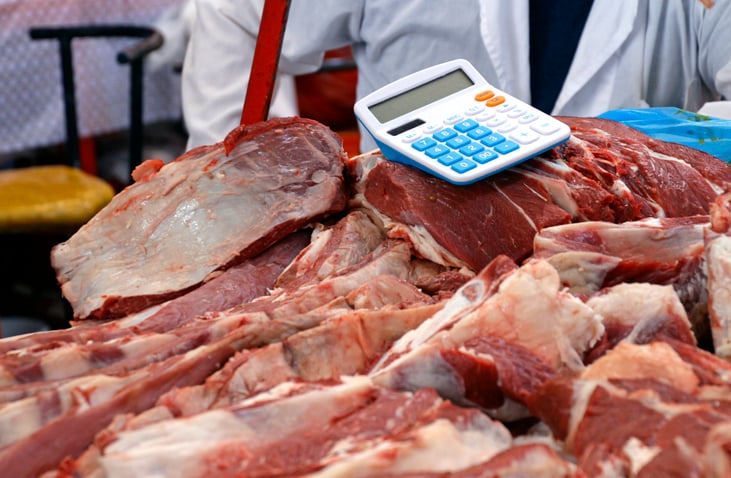

These cases are just three of the large-scale incidents of food fraud in the industry. Health and safety agencies, such as the Food And Drug Administration in the U.S., also record smaller-scale cases.
Internationally recognized certification bodies, such as those recognized by the GFSI, require food businesses to perform and implement risk and vulnerability assessments. These programs aim to minimize the opportunities for food fraud and other illegal activities.
A food fraud vulnerability assessment (FFVA) is a procedure designed to pinpoint and rank potential weaknesses within a food supply chain. Its purpose is to assist businesses in minimizing their risk of food fraud.
An FFVA works by:
VACCP stands for "Vulnerability Assessment and Critical Control Point." The VACCP program is a systematic and preventive approach used by the food industry to identify and address vulnerable points in a food business. This could include ingredient sourcing, supply chain complexity, and supplier verification.
The VACCP program aims to prevent any point of the supply chain from being exploited for food fraud.
VACCP is closely related to and based on the Hazard Analysis Critical Control Point (HACCP) system but is more focused on the risks of economically motivated food fraud.
The key components of VACCP include:
VACCP is commonly used together with HACCP to improve food safety and security. The system expands the scope to address the economic vulnerabilities and fraud-related risks in the food supply chain.
This approach helps food businesses, manufacturers, and regulatory authorities take proactive measures to safeguard food authenticity.
Preventing food fraud is the responsibility of food agencies, with critical participation by food businesses. The task is crucial for ensuring the safety and authenticity of the food supply chain.
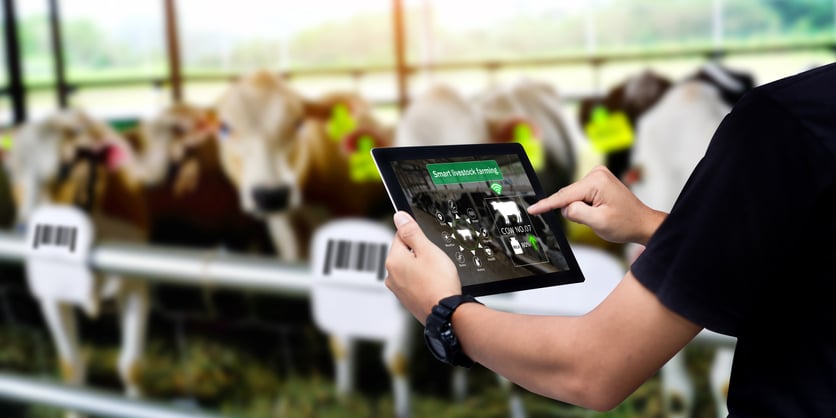
Preventing food fraud is an ongoing process that requires the cooperation of governments, industry stakeholders, and consumers. It's important to stay vigilant and adapt to evolving fraud tactics and technologies.
The best way to protect food from deliberate tampering is to check any anti-tampering devices on packaging, make sure the plastic seal around the outside of a container is intact or that the safety button on the lid of a jar is down, and to avoid purchasing products if the packaging is open, torn, or damaged.
Another great way to protect your food products and business from deliberate food tampering is to establish a complete food safety management system. This system must include monitoring programs for recording supplier information, conditions of supply, and monitoring tasks for food during preparation until distribution.
Your food safety management system software must also have programs for training food service operators on how to spot food fraud. It can also include a combination of operating procedures, such as security and surveillance measures for keeping food safe.
Food fraud prevention is a critical aspect of ensuring the safety and integrity of the food supply chain. The importance of food fraud prevention cannot be overstated, as it encompasses various dimensions, from human health and consumer safety to economic stability and ethical considerations.
Food fraud prevention is indispensable in the food industry for the following reasons:
Every food business in the industry has a responsibility to uphold fairness by preventing food fraud.
In doing so, they can promote their business brand fairly and contribute to the economy's stability and food security.
Spotting food fraud can sometimes be difficult, especially in an industry as big as the food business. Food fraud incidents can easily slip past through management systems if not prevented.
Preventing food fraud can be achieved through many different ways. Among these methods, establishing a comprehensive food safety management system and a traceability program are sure ways to spot, control, and prevent food fraud.
Fulfill both requirements and more with the help of FoodDocs' intuitive Food Safety Management System with a two-in-one Traceability System.
Maintain a transparent supply chain and improve the confidence of consumers and regulatory agencies in your business by implementing our digital Traceability System.
Our Full Traceability System can be used to log all information about ingredients and food products, including the following:
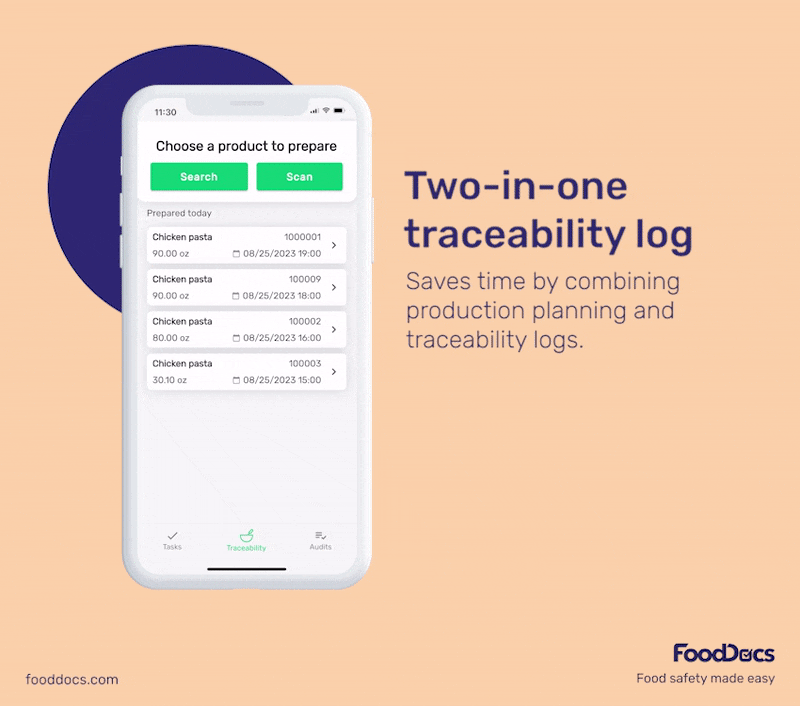
Two-in-one Traceability System from FoodDocs
You can also attach supporting monitoring results and certification documents to each batch of product to keep all necessary information in one place. This system can help your business maintain complete transparency and provide accessible information to inspectors in case of complaints or verification procedures.
Our Traceability System features an advanced search option that allows you to search for a particular production batch along with other filters and lets you print the information for easier analysis.
Maintain your products' authenticity and credibility by securing compliance information and making them available for food safety agencies with our Traceability System.
In addition to a complete Traceability System, our smart software comes with a Production Management feature that can help you ensure accurate production values.
Our Production Management program features automatic recipe calculation that bases its recalculations on your desired output and your encoded recipes. Our system will automatically resize your recipes based on your production schedule and log batches of ingredients to be used.
Use this system to avoid human errors and prevent the entry of any food fraud opportunity in your business.
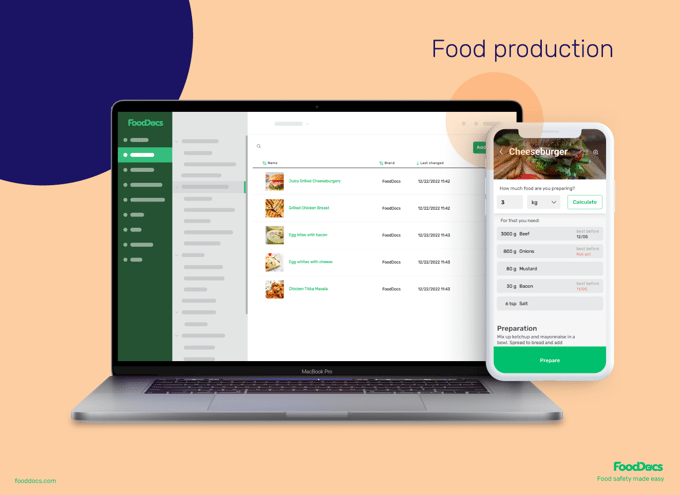
Production management feature from FoodDocs software
A critical step to preventing food fraud is ensuring that your business is working in compliance with food safety regulations. This can also help you achieve certifications and recognition from accredited bodies.
Use our smart software's automatically generated monitoring tasks to ensure daily compliance. Based on your business profile, our system will automatically suggest monitoring tasks and checklists that you can use to record important food safety information.
Get a comprehensive checklist, such as our Receiving Log, which you can use to record the status of ingredients supplied to you by your supplier. In addition, you can also attach supporting documents, such as food analysis results and certifications, to ensure compliance.
Each monitoring task includes detailed instructions to help all operators of food facilities ensure food safety compliance. These instructions can also help you perform monitoring tasks correctly and spot food fraud efficiently.
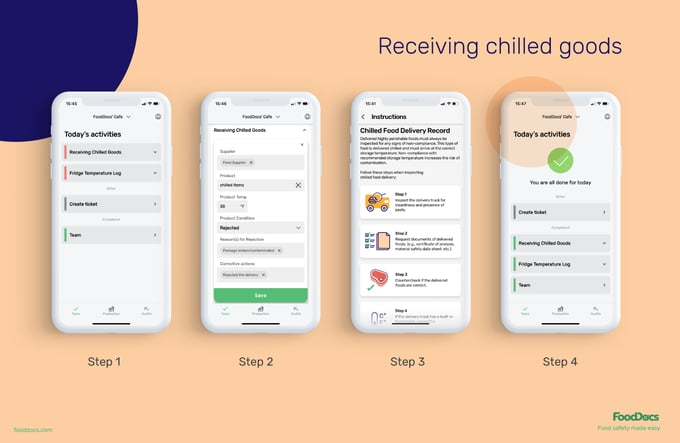
Customizable monitoring tasks with detailed instructions from FoodDocs software
Preventing food fraud is a critical task to maintain compliance with regulations and build a fundamental commitment to safeguarding public health, consumer trust, and food integrity.
By implementing a comprehensive strategy that includes supply chain transparency, employee training, quality control, and collaboration with stakeholders, food businesses can significantly reduce the risk of deliberate tampering and fraud.
With the help of FoodDocs' smart Food Safety Management System, your food business can play its part in preventing food fraud while boosting your competitive advantage in the food industry.
Book a demo now to discover how our smart software can help you prevent food fraud and maintain food safety compliance.
To help you understand more about food fraud, here are a few of the most common questions asked regarding this topic:
Any act of adulteration or misrepresentation of food products that can deceive consumers for economic gain is considered food fraud.
Food defense practices focus on preventing the deliberate contamination of food products or tampering with labels, often with a threat to public safety. On the other hand, food fraud is about economically motivated deception through adulteration of food or mislabeling. Food defense security measures are often part of regulatory requirements in some countries that aim to prevent contamination or destruction of food products.
Two examples of food fraud include:
1. Adulteration (e.g., olive oil adulteration with cheaper vegetable oils during food preparation)
2. Mislabeling (e.g., not mentioning added ingredients that can be allergenic)
Fighting food fraud involves strict compliance with food safety regulations and implementing a traceability system for complete transparency.
Food falsification is often used interchangeably with food fraud, as it encompasses deceptive practices like adulteration and mislabeling to present products as something they are not, potentially compromising safety and quality.
Master restaurant sanitizing with clear steps for kitchens and dining areas. Learn methods, checklists, and procedures to keep your team safe and...
Learn challenges healthcare foodservice teams face today and key food safety practices to protect vulnerable patients. Get a free healthcare leader...
Learn what Standard Operating Procedures (SOPs) are and how to write effective SOPs that ensure consistency, efficiency, and safety in your...